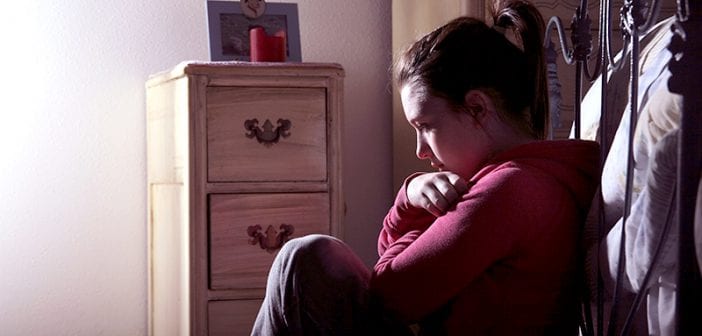The anti-Life news site Rewire recently featured an op-ed by Yamani Hernandez, an abortion fundraiser for the National Network of Abortion Funds (NNAF). The radical abortion group raises money to pay for the elective abortions of women who cannot afford them. Hernandez claims that NNAF receives calls from more than 100,000 people each year requesting assistance in paying for elective abortions. In her opinion piece, Hernandez attempts to show how focusing on making abortions affordable for every pregnant mother is not a callous economic argument but an expression of love and compassion.
The author shares the harrowing story of a 14-year-old girl pregnant with her second child. In a situation of desperate poverty and apparent neglect, the underaged girl allegedly paid her friends to beat her in an attempt to cause a miscarriage. According to Hernandez, the girl could not afford an elective abortion, and she would lose her housing if her family learned of the pregnancy. To make matters worse, Hernandez says the father of the young girl’s child was an adult. Instead of addressing the crime and abuse in this tragic story, Hernandez sees this as proof that abortion is necessary.
Although Hernandez and her anti-Life group see themselves as addressing “systems of oppression,” the unfortunate reality is that they are part of a lucrative, profit-driven abortion industry that represents a system of deadly oppression. During every abortion, a child dies, a mother loses her child, and the abortion industry profits. If the 14-year-old girl in Hernandez’s story received money from the NNAF, how would that help her? She would still be in a situation of instability and abuse in which her friends and family would rather she suffer brutal violence than receive adequate resources to welcome a child and complete her education. The abortion industry would send the girl, like so many victims before her, back to the arms of her abuser, most likely with no questions asked.
Hernandez’s anecdote highlights how NNAF and other abortion fundraising organizations fail to help abused underage girls. These are extreme and, thankfully, the minority of abortion cases. Nonetheless, many women who turn to abortion are experiencing coercion, whether from a partner, family, friends, or employers. While trying “to address the deeper systemic issues” surrounding abortion, Hernandez and her fellow abortion activists unwittingly aid the people who oppress women. Ironically, the organization’s vision is for a world in which an abortion decision “takes place in thriving communities that are safe, peaceful, and affordable.” Their fundamental mission of giving women money to seek elective abortions is at odds with this stated goal. Studies show that women in “thriving communities that are safe, peaceful, and affordable” generally don’t choose abortion. The primary reasons, cited time and again by women seeking elective abortions, are not having support from family and the father of the child and fear of economic uncertainty. Does taking the life of the preborn child change these unfortunate circumstances?
There are many extraordinarily challenging situations, like that of the 14-year-old girl in Hernandez’s story. The answer to even the most difficult situations is never to value the Life of the child above the well-being of the mother or to value a woman’s “freedom” above the Life of her child. In every case, the Culture of Life seeks to love them both. Hernandez’s vision of “love” and “compassion” is in reality anything but loving or compassionate. Regardless of how abortion activists try to convince themselves, abortion is violence and death.

